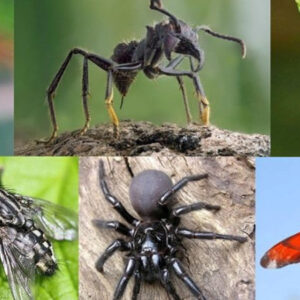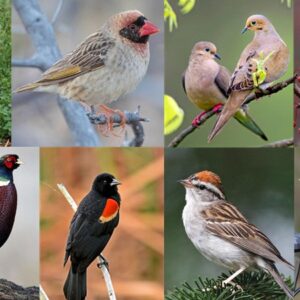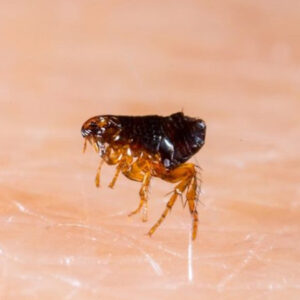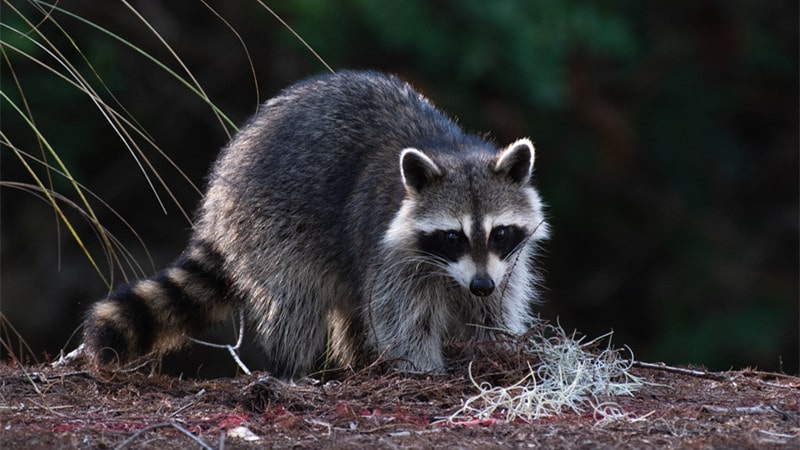
Raccoons can look quite cute and furry, so it may feel a bit weird to think of them as pests at first glance. However, despite their cuteness, they are carriers of multiple viruses and bacterial infections such as rabies, Baylisascaris procyonis, giardiasis, and Leptospirosis.
There are numerous infectious pathways these microbes can take such as exposure to urine, feces, open wounds, or via scratches and bites and cause serious illnesses in humans.
Raccoons are usually mild-tempered but can be provoked into aggression by the smallest things. Here’s how to get rid of raccoons safely and humanely.
Why Do I Have a Raccoon Problem?

Raccoons are an invasive species like rats and can be found in spades in suburban areas across the United States. If you live close to the woodlands or a park, you’re likely to have more of these unexpected visitors.
They’re solitary animals and often only come out of hiding in the night. If you want to learn how to get rid of raccoons the easy way, you need to be aware of the signs that you have a raccoon problem and identify what’s causing it.
5 Signs You Have a Raccoon Problem
#1. Droppings or puddles of urine in the yard at the base of trees, woodpiles, or the tires of your car.
#2. Scratches or bite marks on your property.
#3. Toppled garbage cans.
#4. Trash is strewn across the property.
#5. Growling or shuffling noises coming from the walls or your roof.
What Attracts Raccoons to Your Home?
#1. Garbage
Raccoons love to dig into garbage cans because they know that’s where they’ll find food or some other useful items. They’re pretty adept at scavenging and foraging, and your garbage can is a trove of entertainment and treats for raccoons.
#2. Wood Piles
What may look like a scattered pile of wood to you is top-of-the-line furnishing material for a raccoon. They like to use it to build a nest or settle in the comfort and quiet of your backyard.
#3. Trees
Raccoons are excellent climbers and can scale trees as tall as 50 feet. They can eat almost anything, so even the leaves on your trees will be of interest to them if there aren’t any fruits or acorns.
#4. Shed/Garage
Raccoons are remarkably intelligent and have been known for their innovation when it comes to breaking and entering enclosed spaces.
#5. Garden Livestock
Raccoons are omnivorous, so if you own a fish pond or garden of any kind, your backyard livestock is also on the menu. Their small livestock diet includes rodents, birds, fish, frogs, worms, and tiny snakes.
If you farm chicken, you need to be extra-cautious of raccoons because their claws and teeth are sharp enough to break into coups.
Damage They Cause
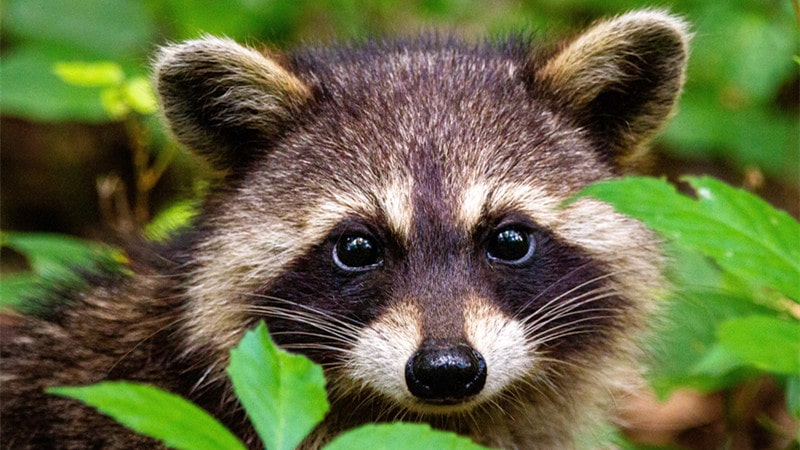
Raccoons are regarded as pests because of the damage they cause to your property, costing thousands of dollars to repair on some occasions.
Raccoons love to burrow into the empty spaces in your ventilators, walls, and ceiling for warmth. Not only is this costly to repair but it can also be dangerous as electrical issues can result in fires. They are also strong enough to damage the insulation material in your walls and ceiling by trampling around and compressing things.
Raccoons can dig out plants, chew out trees, leave scratch marks, rip trash bags, and topple ornaments. Not only that, but raccoons are known to get violent when provoked. The diseases they carry are also transmissible to your dogs or other pets, livestock, and even fish.
5 Scents That Raccoons Hate
Repelling raccoons is the most humane way to deal with them, and it will save you the expense of having to call in the exterminators. Raccoons have a powerful sense of smell, and they use their olfactory receptors to scavenge for food. Here are some scents that will irritate their sense of smell and keep them at bay.
#1. Hot Peppers

Hot pepper is a potent and pungent smell that irritates the nostrils of almost anyone who’d breathe it in, including humans. Leave some in your walls, shed, and other places raccoons are likely to visit to block their pathway to food sources.
The only problem with this method is that the scent fades after a period of time, so you have to replace the peppers on a regular basis.
#2. Epsom Salt

Image source: Pinterest
Epsom salt is both a great deterrent for raccoons and an effective fertilizer for your lawns. It’s also inexpensive, easy to use, and doesn’t need mixing with anything else to refine its potency.
#3. Peppermint Oil

Peppermint oil is an eco-friendly repellent that works for most critters. You can purchase it in the form of a spray, which makes it easier to spread across.
#4. Predator Urine
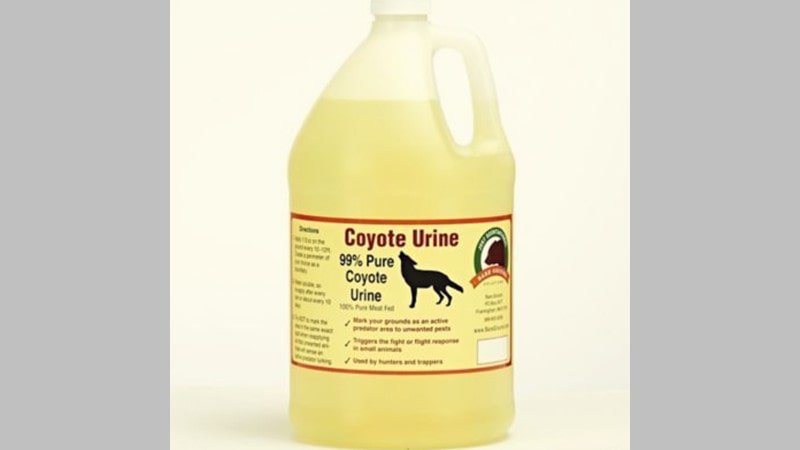
Image source: Pinterest
Save this method for a raccoon crisis. It’s an unorthodox method but an effective one. Predators habitually use their urine to mark their territory.
The urine of raccoon predators such as coyotes, foxes, wolves, and mountain lions contain pheromones that will inform the raccoon that this place is already marked, forcing them to leave. You can buy predator urine online in spray bottles.
#5. Industrial Repellent

Image source: Pinterest
If you can’t find a commercial repellent specifically for raccoons at your local supermarket, repellents for other critters such as mice can work for raccoons too.
Home Remedies
These are some things you can do to prevent raccoon invasions.
#1. Take Out Your Garbage
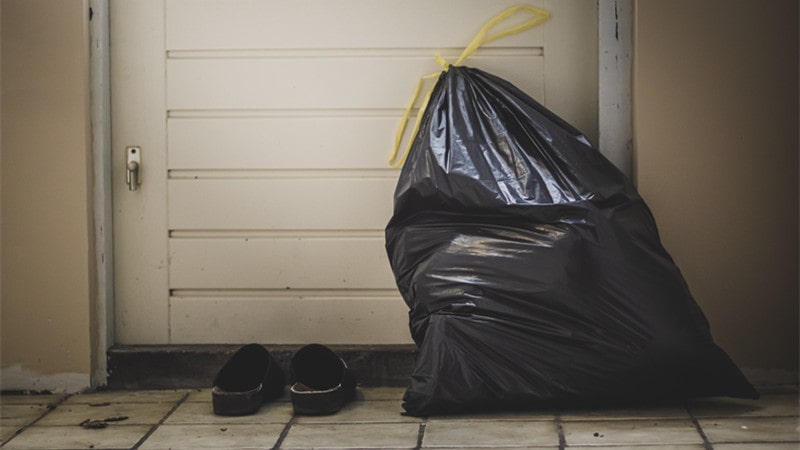
In a majority of cases, that’s the number one thing drawing raccoons to your home. Just like you can’t get rid of a moth until you turn off the lights, you can’t get rid of raccoons without taking out the trash.
#2. Reduce Darkness

It may rack up your electric bill but it can save you thousands of dollars in damages. Raccoons are nocturnal, it’s very unusual to spot one during the day. If your house and yard are too bright, they’ll avoid it.
#3. Seal Entry Points

Seal your chimneys, small cracks in the roof if you have any, and air vents that lead indoors. Use a mesh net grill or something similar that lets air flow in while covering all the gaps large enough for raccoons to squeeze through.
#4. Install Automated Sprinklers
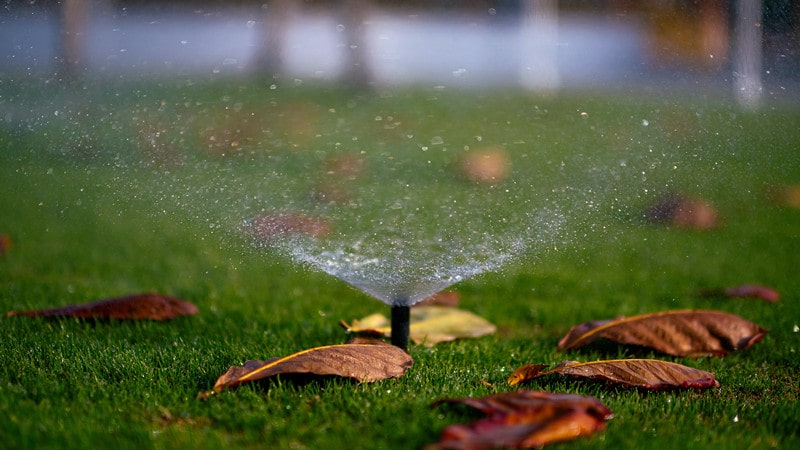
Might seem costly but it’s worth it. Raccoons hate getting wet and sprinklers will irritate them. It will also keep your lawn moist, which improves plant growth.
Sprinklers also give raccoons plenty of distraction in the yard so they don’t break into your homes.
#5. Hire A Professional Service

Image source: Pinterest
Hire a professional service to help raccoon-proof your house. It will save you time and hassle.
How To Get Rid Of Raccoons
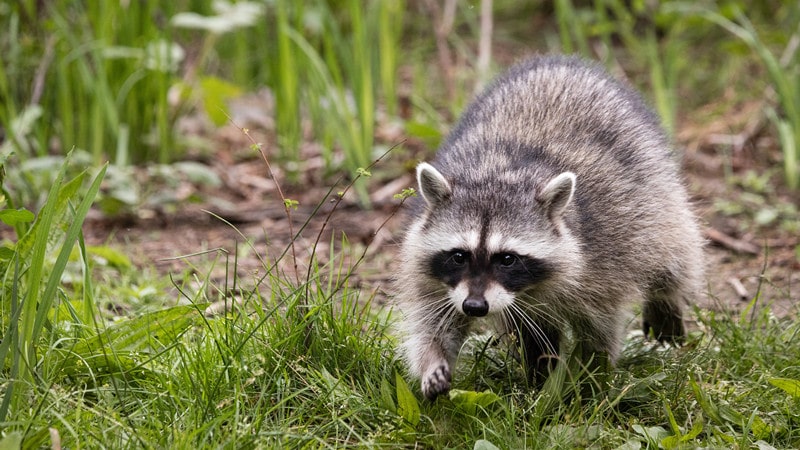
Let’s say raccoons have already invaded your yard or your home. What to do next? Here are some possible solutions.
Outdoors
Dealing with raccoons outdoors is easy, and you can do it from the comfort of your home. The one thing you should never do is approach a raccoon and try to handle it yourself. Here are some options for you to try out if you spot a raccoon in your yard.
#1. Play Loud Music
Raccoons usually enter yards under the assumption that it is unoccupied and open for nesting. However, if you play loud music or loud sounds from your home, it lets them know there’s someone here. So to avoid the risk of encountering enemies, raccoons will go away.
#2. Switch On Your Brightest Lights
As mentioned earlier, raccoons are creatures of the dark. Turning on the lights will make them scurry back into whatever dark hiding spot they crawled out of.
#3. Own A Dog and Train It
If you own a dog, they can help with this as long as they’re larger than raccoons. The ideal breeds for this would be Pit bulls, German Shepherds, Mastiffs, and Rottweilers because they have the instincts to be trained for this sort of thing. Their tall appearance and aggressive barking sounds will scare the raccoons away.
Indoors
Dealing with raccoons that have broken indoors is where it gets tricky. Approaching a raccoon yourself can be dangerous so it’s best to leave this to the professionals and phone an animal control or wildlife rescue service. They may take time to arrive. In the meantime, here are some dos and don’ts to follow.
Dos:
#1. If you’re close to the switchboard, turn on as many lights as you can.
#2. Make sure your kids are safe and their room is shut.
#3. Go to your room or a room that isn’t occupied with raccoons and wait patiently.
#4. Throw some food or an item in their direction to distract them.
Don’ts:
#1. Do not provoke the raccoon. No sudden movements, and don’t try to keep them at bay with a broomstick. That might provoke them.
#2. Don’t try to tame the raccoon. It’s not that they’re all aggressive, you just don’t know which ones are.
#3. Don’t try to spray repellent or water or any substance in their direction. It’s a little too late for that to work here.
A Few Parting Words
Raccoons are relatively docile, some may even be friendly for that matter. They never attack or get aggressive unless they feel backed into a corner with no way out but to fight, so panicking is the worst reaction you can have.
If you see a raccoon in your home or your yard and can’t think of what to do, call a professional service instead. Hope this answers your question about how to get rid of raccoons. They’re intelligent creatures and should be treated humanely.


